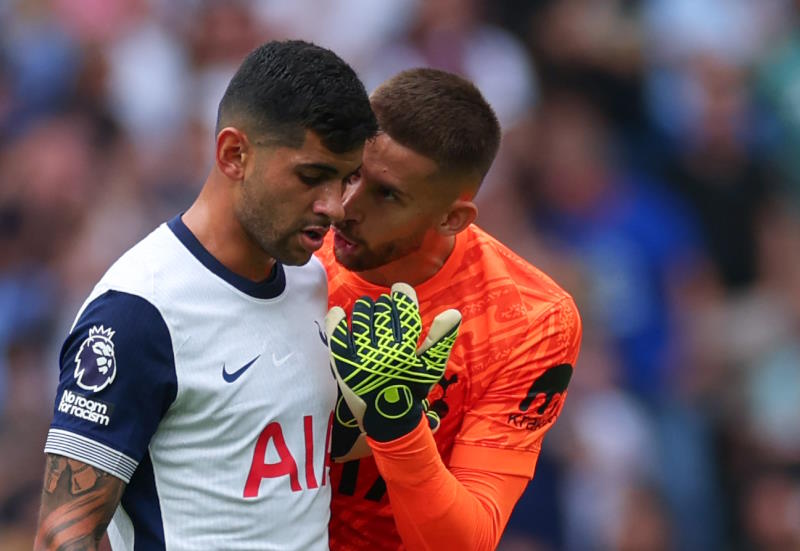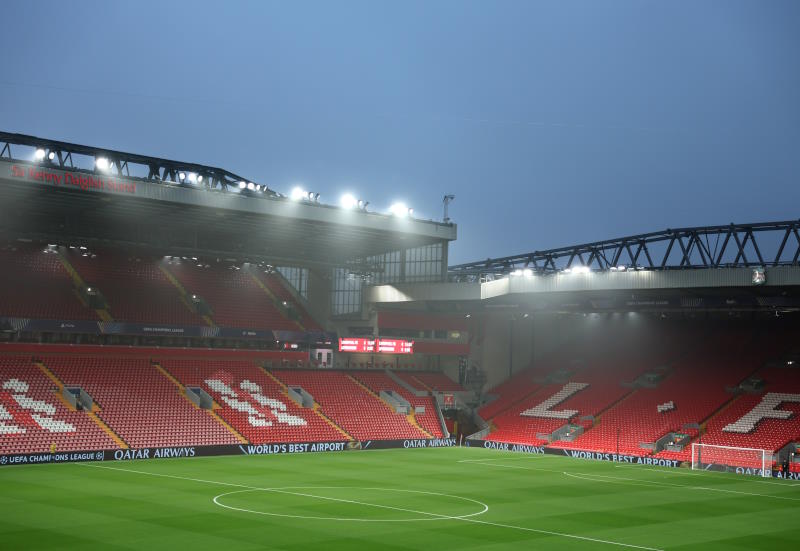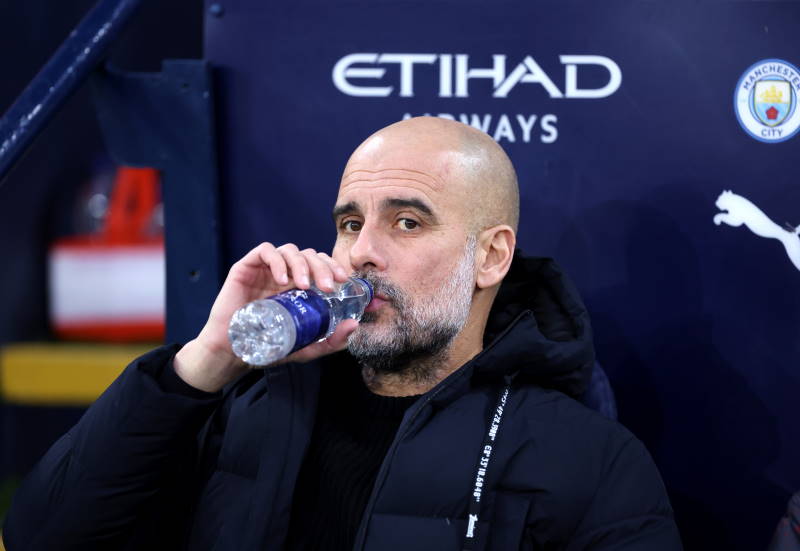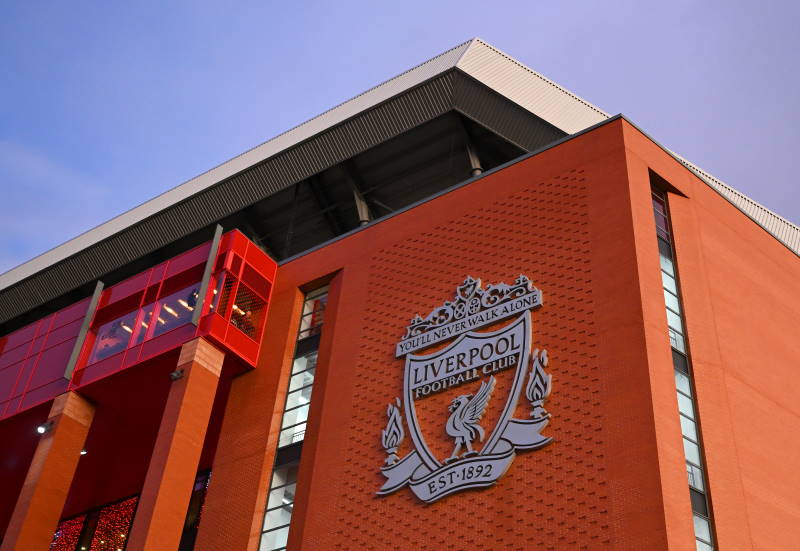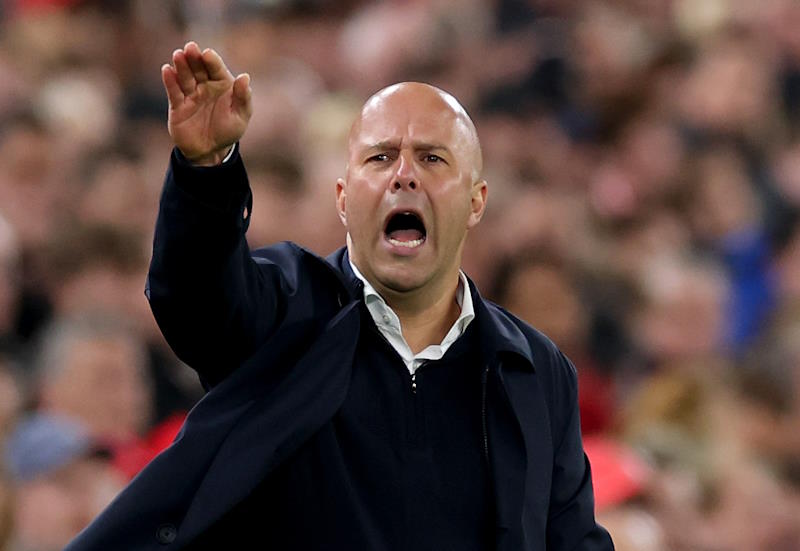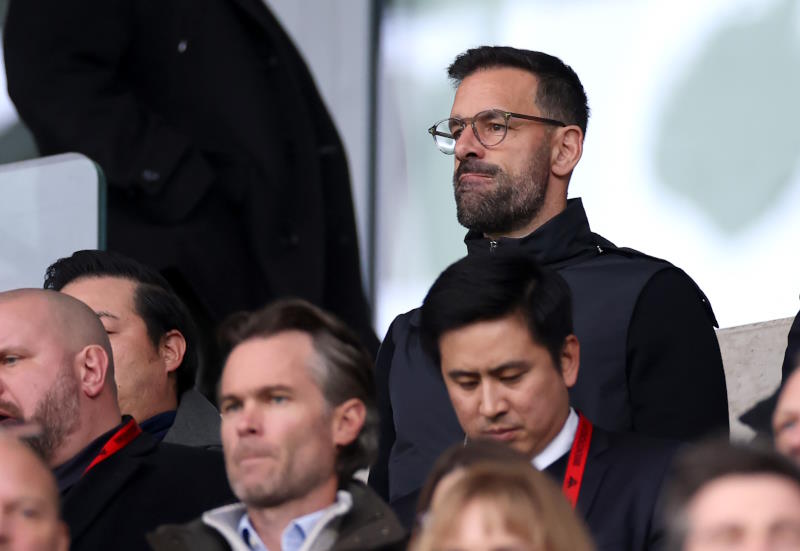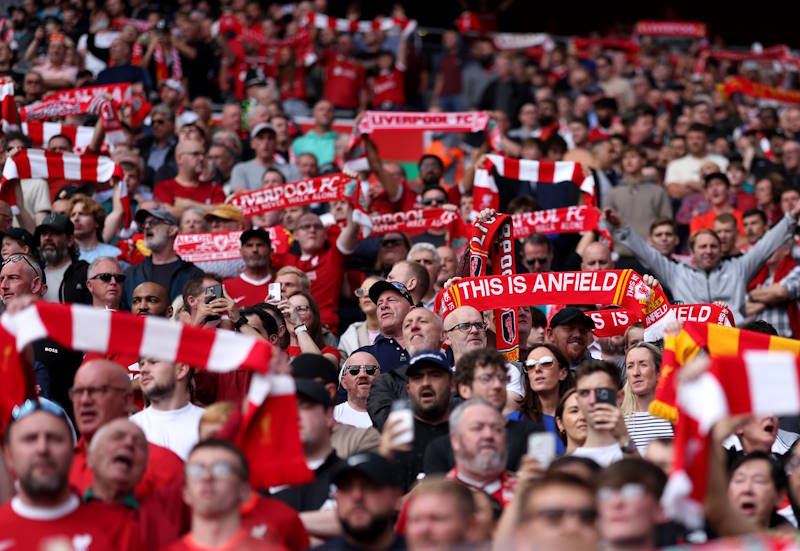
By selecting Waldemar Fornalik as national team coach, Poland’s football governing body, the PZPN, revealed how out of touch with international football it really is. Outside Poland, the consensus appears to be that to achieve any modicum of success with a national team, it is necessary to put someone in charge who has experience and a succesful track record. Fornalik has neither. A grand total of seven years coaching in the mediocre pond of the country’s Ekstraklasa with not a single trophy to show for it, is apparently good enough to take Poland to the 2014 World Cup in Brazil.
His first game in charge was as easy a test as could be arranged without being silly (for their final warm-up before Euro 2012, the PZPN chose Andorra). Estonia are ranked nine places below Poland in the UEFA national-team coefficient, but a draw would have kept the critics at bay, after all it was Fornalik’s first match, and it was away. And a draw is what Fornalik told his team to play for, “in the style of the club he gained his reputation with, Ruch Chorzow”, was quickly suggested. Except that when Ruch Chorzow played that way recently in a first leg Europa League tie at home to fellow Europa League outsiders Viktoria Plzen, they got hammered 3-0.
Poland for some inexplicable reason have never managed to produce good defenders, or even players who can defend well. Defence has always been Polish football’s Achilles heel, but that does not necessarily mean the end. The side simply should not play for draws – Brazil are the classic example, they overcome this problem by basing their game on attack.
Yet despite this history of ‘attempts’ at defensive play which have backfired regularly, Fornalik tried it against Estonia, one of the few teams in Europe that Poland should have been confident of beating. That alone must have made the players wonder what sort of a coach they were playing under, which could only have made this tactic more likely to fail even against such lowly-ranked opposition.
And so it proved, Estonia finally managed to find a way through this backline they were invited to attack, in the dying minutes of the game. Fornalik has not lost the plot – he has not even developed one to lose.
It is easy to blame the players and this is where Polish football has consistently failed to understand the mentality which drives the game. Poland’s one real international star, Borussia Dortmund striker Robert Lewandowski, was singled out for blame because he failed to score and was accused of not trying hard enough. And that appears to be the sum total of most criticism, when anybody with a modicum of knowledge about the game knows that the problem goes much deeper than that. Whether right or not, many good professional footballers develop a prima donna attitude and will only turn it on for coaches they respect, and Poland’s key players may not respect Fornalik, because he has done nothing in the game to gain that respect. It is not his fault, he was simply the wrong choice.
One sports magazine ‘Przeglad Sportowy’ has managed to put its disgust into words: “Poland is in the third world of football” it bemoaned. That is because in the modern cut-throat world of football, which is driven by money and mercenaries, it is no exaggeration to say that Poland is one of the last outposts of amateur thinking in Europe. This amateur thinking is damaging the game to the point where it is on its knees and just waiting for the fatal blow. It is not a question of if, but when it will come – almost certainly during the forthcoming World Cup qualifiers. England fans must be salivating at the prospect of meeting such demoralised opponents.


